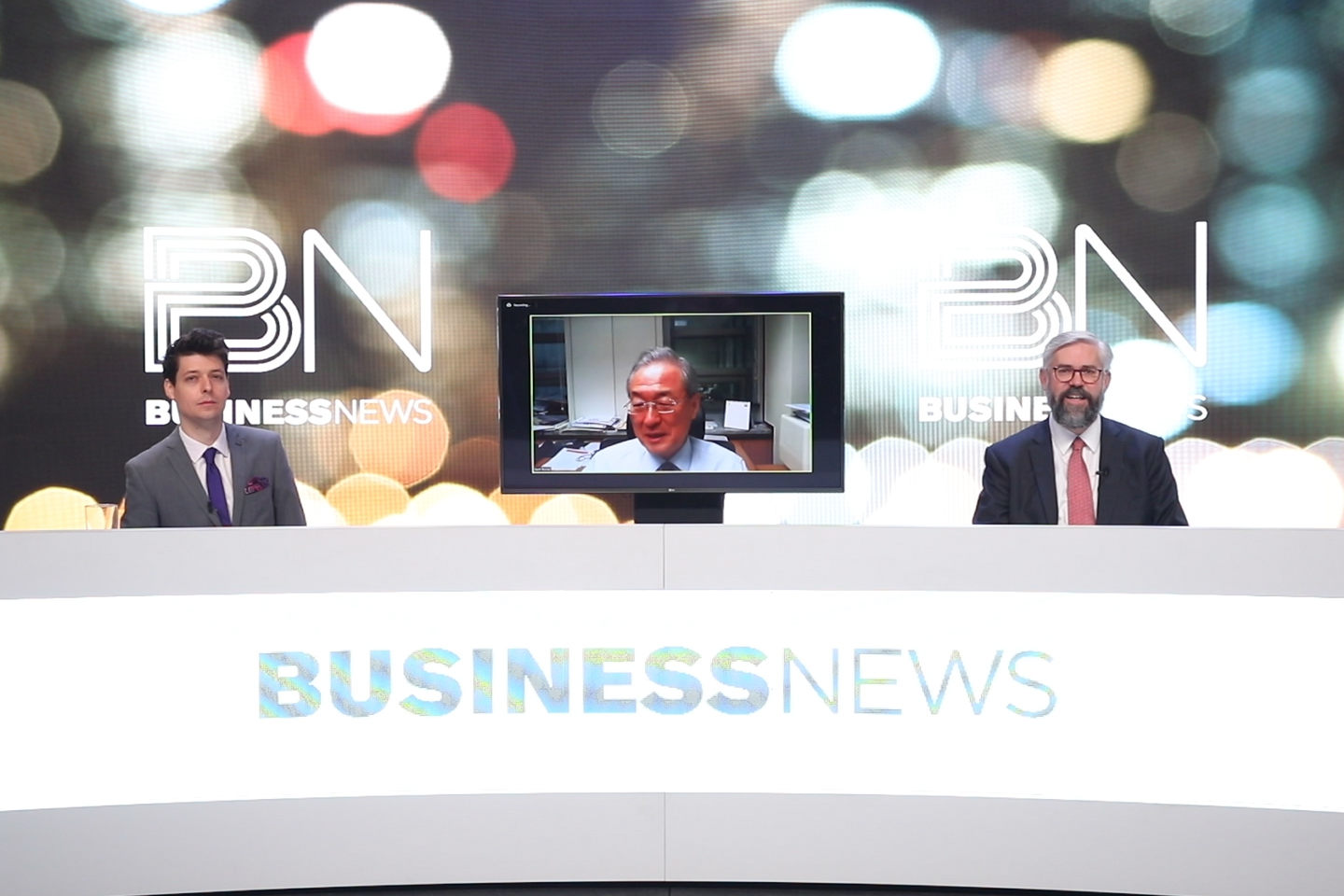Countries like Australia and South Korea may face starker choices picking sides between China and the United States in the years ahead, according to former Korean trade minister Bark Taeho.


Countries like Australia and South Korea may face starker choices picking sides between China and the United States in the years ahead, according to former Korean trade minister Bark Taeho.
In the first interview of Business News’ Connecting Latitudes series, Professor Bark said Australia and Korea would need to collaborate as defenders of global free trade.
That would mean maintaining the market economy as a base philosophy- domestically and in foreign affairs.
[video:https://vimeo.com/434257614]
“In the future... we’ll be bullied to choose which one to side with,” he said.
“We have to be careful.”
Professor Bark said the big issue right now was with China.
The country still claimed to be a developing nation under trade rules, which allowed it many privileges, something the United States is opposing.
“China often steals intellectual property or cutting edge technology from foreign companies,” he said.
“The more fundamental issue is Chinese state capitalism, given unlimited subsidies to industries.”
The support led to excess supply and capacity, Professor Bark said.
Perth USAsia Centre chief executive Gordon Flake said a great example of Australian leadership was the survival of the TPP-11 trade treaty, which was nearly scuppered by the 2017 exit of the United States.
That was remarkable, Professor Flake said, as it was achieved without the help of superpowers.
South Korea had also been a leader on trade and multilateralism, and Australia should encourage Korea to join the TPP-11 deal.
“We want to live in a world where might does not make right,” Professor Flake said.
Korea was already Australia’s fourth biggest trade partner, he said, but the relationship received less attention than some other partnerships.
There was big scope for investment from Korean businesses into the hydrogen and battery minerals sectors in Western Australia, Professor Flake added.
Commenting on reports that multinationals were moving diversifying supply chains out of China, Professor Bark said this was a long term trend accelerating.
“That issue was raised… even before the corona pandemic started,” he said.
“Especially when the China /US trade disputes are on the rise, people have been talking about this.
“But as an economist, I already see many multinationals operating in China, including Korean companies, are starting to move away from China.
“Not because of trade disputes, not because of the pandemic, but the high wages of China.
“China’s per capita income now is about $US10,000… in Vietnam its only $US2800.
“The economic incentive for multinationals is moving away from China to South East Asia or even India.”












